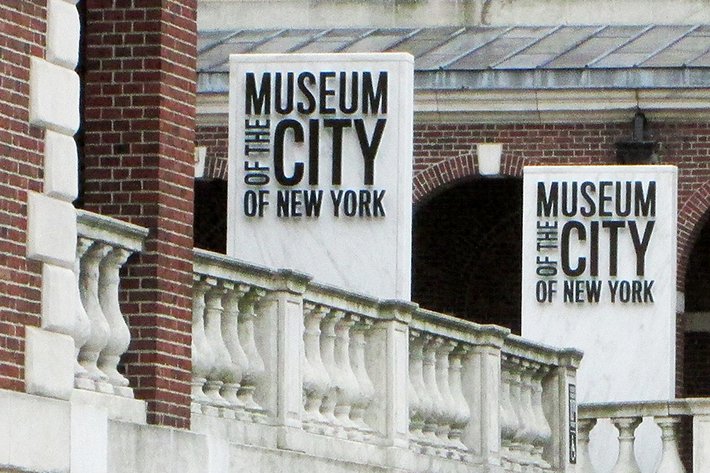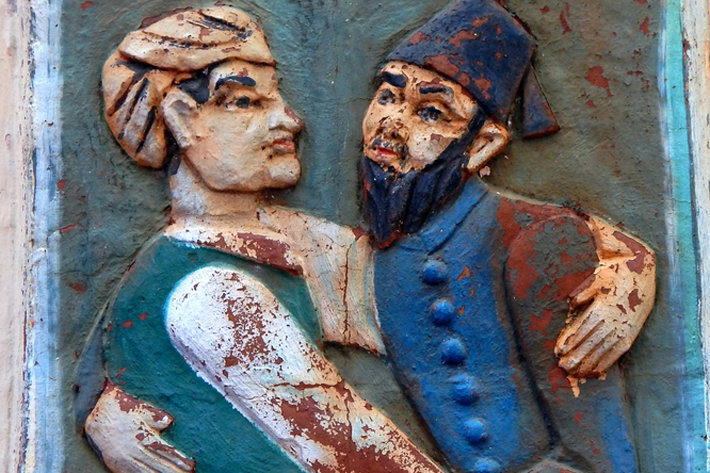American Muslims donated more toward faith-based and secular causes in 2020-21 than non-Muslims in the country, a new survey has found, underscoring that while charity is a well-known aspect of Islam, significant gender, demographical and racial differences attest to diversity among U.S. Muslim donors.

The study, titled “Muslim American Giving 2021,” was conducted by the Muslim Philanthropy Initiative at Indiana University Lilly School of Philanthropy. The initiative is devoted to “understanding and helping further enhance contemporary and traditional aspects of Muslim philanthropy in all its facets.” Islamic Relief USA, a Muslim humanitarian and advocacy nonprofit, sponsored the research and the report.
2,005 participants—1,002 adults from the general U.S. population and a representative sample of 1,003 Muslim respondents—self-administered the survey on the internet from March 17 to April 7, 2021. Issues ranged from donor behavior, faith customs and volunteer work to financial welfare and tolerance.
The survey revealed that Muslims, who are among the fastest-growing demographics in the country, making up 1.1 percent of the population, donated $1,810 on average to faith-based causes.
That figure was significantly greater than the $1,138 that members of the general population gave on average for the same cause. What’s more, an average American Muslim gave $1,400 to secular causes, compared with $767 among non-Muslims surveyed.
Further, nearly 8.4 percent of donations by Muslims went toward civil rights protections for members of their religious community—an area that typically tends to attract generous contributions from U.S. Muslims. By contrast, members of the general public who were surveyed offered 5.3 percent of donations on average to safeguard their religion-based civil rights.
The survey found that Muslims are also more likely than the non-Muslim population to donate to non-faith-based civil rights causes: 11.8 percent of Muslims made such contributions, compared to 5.4 percent of the general population.
One area where Muslim donations lag behind those of non-Muslims is charity to houses of worship. In the survey, the Muslim share of faith-based offerings for houses of worship was 27.4 percent, just under half of the 51.2 percent that non-Muslims gave for the same cause.
The Muslim American Giving 2021 survey also shed light on gender and age-related differences among America’s Muslim population. Muslim men on average donated $1,874 more than women toward faith-based causes, and $1,461 more than women toward secular causes.
The most generous donors among U.S. Muslims surveyed were those age 40-49, while the least amount of offerings came from Muslims above age 50.
One striking discovery from the survey is that compared to other racial groups, African-American Muslims gave as much as 65.1 percent of their donations for houses of worship. What’s more, the same cohort also donated more toward faith-based civil rights (14.5 percent) and secular-based civil rights (13 percent).
In a November 5 article in Religion News Service, the study’s lead researchers—Shariq Siddiqui, assistant professor and director of the Muslim Philanthropy Initiative, and Rafeel Wasif, incoming assistant professor at Portland State University—wrote that as scholars of philanthropy they believe their findings are “significant not only because this is the first time that we can see the size and scope of giving by this small and highly diverse community but also because U.S. Muslims face a great deal of discrimination.”
The scholars added that they believe such high levels of charity by American Muslims “reflects efforts to fight Islamophobia.”
Correspondingly, the authors pointed out, in an effort to spread public awareness about Islam in the U.S., Muslims directed as much as 6.4 percent of their donations toward religious research—2.4 percent more than the contributions made by non-Muslims.
Islam is known for calling on the faithful to be charitable.
“That made us want to see if religiosity played a role [in] the charitable patterns of U.S. Muslims,” wrote Siddiqui and Wasif, who plan to conduct the survey annually over the next four years “to keep an eye on how Muslim giving patterns change over time.”
“It turns out that Muslims who displayed higher levels of religiosity, such as by praying more often, were also more likely to give to charity than those who prayed less frequently.” “We found similar trends among non-Muslims,” they stated.
______________
The Church of Scientology publishes this blog to help create a better understanding of the freedom of religion and belief and provide news on religious freedom and issues affecting this freedom around the world.
The Founder of the Scientology religion is L. Ron Hubbard and Mr. David Miscavige is the religion’s ecclesiastical leader.
For more information, visit the Scientology website or the Scientology TV network.


